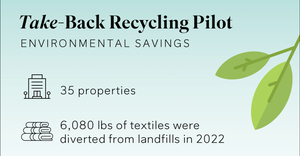- Waste Collection & Transfer
- Residential Waste
- Waste Recycling
- Composting
- Waste Reduction
- Waste Management Business
Bike-operated trash collection is finding success in high-density areas.
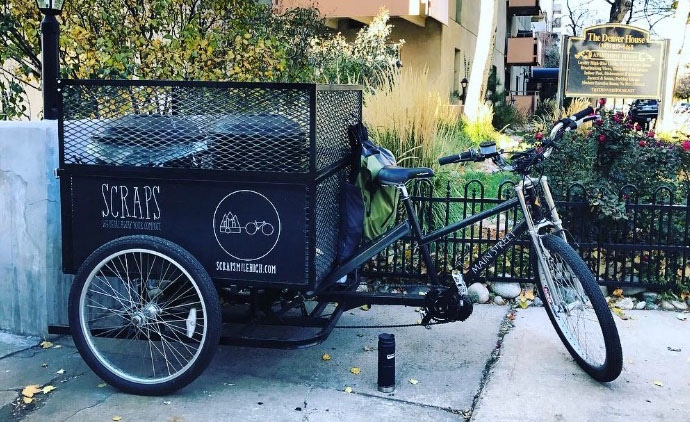
For customers looking for more sustainable waste management options, working with a bike-powered company can be very appealing. Bike-powered hauling has been gaining popularity. Companies like Pedal People, which has been operating for more than 15 years in Northampton, Mass., have been hauling by bike, offering collection of trash, recycling and compost. Over the past few years, several small companies have entered the market, providing affordable service that fills a gap.
Brooklyn-based BK ROT offers bike-powered hauling service to customers interested in composting. The company launched in 2013 to service residential customers who did not have access to compost collection or convenient places to compost in their borough.
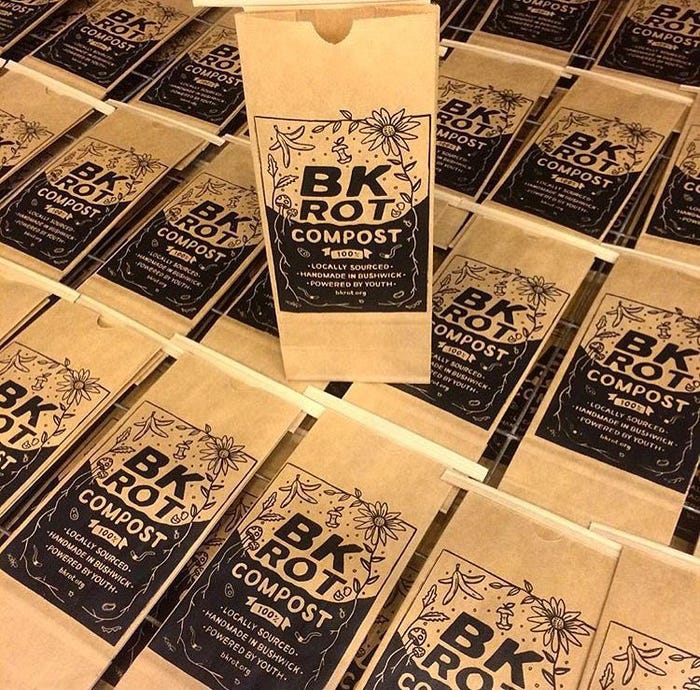
“What I saw in this neighborhood was that there wasn’t a very robust community composting option,” says Sandy Nurse, founder and co-director of BK ROT. “We felt that we could provide something that was a little more convenient for people who really want to do this or for people who might participate if it were just a little bit easier and if the fee was low.”
Working in five high-density neighborhoods in roughly a four mile radius, BK ROT originally offered residential collection and processing of compost materials. Recently, the company shifted its focus to servicing small businesses. The company made the transition, in part, because New York City’s Department of Sanitation began rolling out a pilot program in neighborhoods for curbside organics collection. BK ROT has since found that the transition allows it to make a greater impact. The team now processes 10,000 to 12,000 pounds of organic waste per month. The collection frequency is tailored to customers’ needs, ranging from once a week to three times a week.
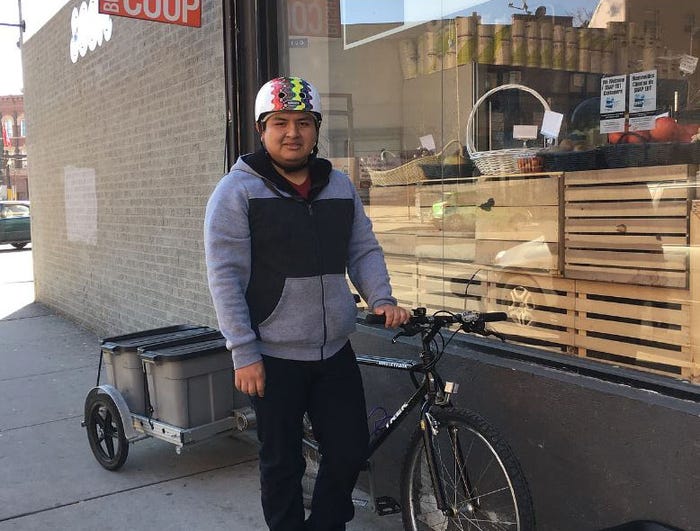
“[Our clients] are really excited about us because we are on bikes, and the material that we are picking up is processed locally and distributed locally,” says Nurse. “There are people who probably could pay less by working with a truck service, but these larger [environmental] issues that we all face are really important to them.” In addition to hauling, BK ROT runs a composting site and sells materials in one-pound bags and in bulk.
In Denver, Colo., Scraps is a bicycle-powered food scraps pickup service. The company, which will celebrate its first anniversary in February, focuses on multifamily residences (condominiums and apartments with more than seven units) and small businesses.
In addition to being a cleaner and cheaper hauling option, bikes can fit into tight spaces around the city, which makes both the company and its services more flexible. “Bikes can maneuver and service a building in a way that trucks can’t. They also serve that purpose of not adding to our growing congestion in the city, and they don’t contribute to air pollution and climate change,” says Christi Turner, founder of Scraps.
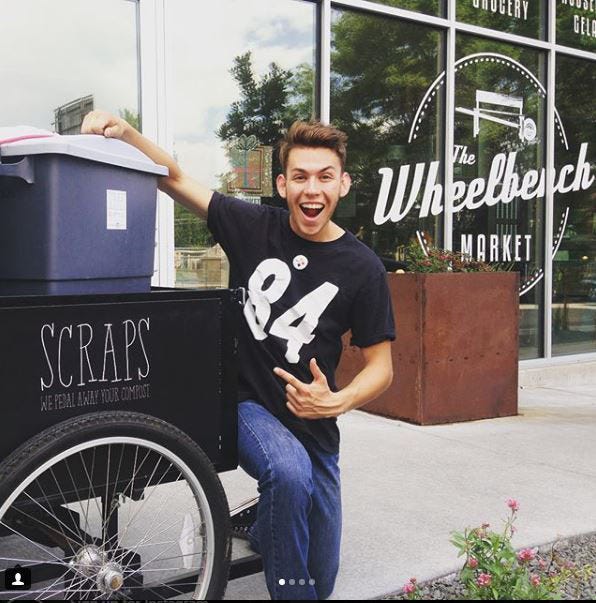
Scraps works with building residents and businesses that can’t get the same pickup service from the city or from local haulers. Generally, the company provides pickup on a weekly basis. It hauls 4,000 to 5,000 pounds per month, and it has collected nearly 50,000 pounds over the year. To increase efficiency, the company works with Alpine Waste & Recycling to create drop-off partners around the city, which reduces the hauling distance.
Both organizations are small and nimble—BK ROT has an average of four bike haulers throughout the year and Scraps has three. For both, trial and error, experimentation and a willingness to evolve have been crucial. One area where experimentation has been important is in finding the right equipment. While BK ROT has tried and continue to test different bikes, Trek bikes seem to work best. BK ROT also uses cargo trailers from a company called Bikes At Work. For Scraps, its biggest equipment challenge has been its collection bins. To ensure that one person can run a route by himself or herself without the bins getting too heavy to lift, the company now uses 10-gallon bins so that no individual bin will weigh more than 65 pounds when filled.
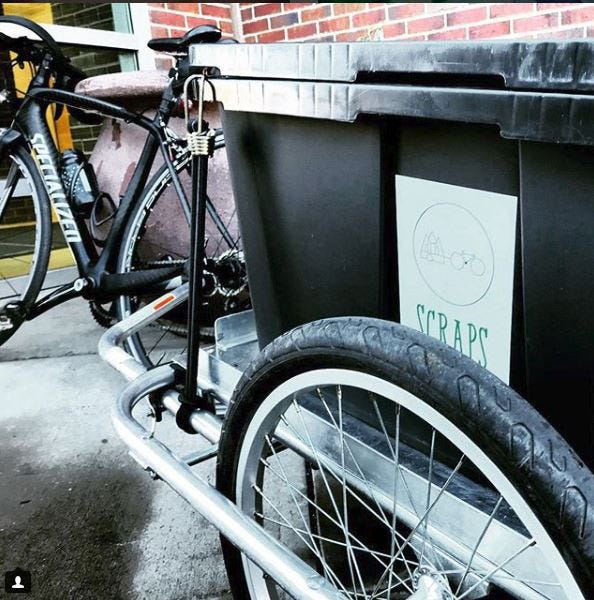
Another part of being flexible has meant knowing how and when to expand. While BK ROT and Scraps are finding that the desire for their services is there, being smart about their growth is critical. For Scraps, expanding further out from the high-density downtown area isn’t a good option for now. “You have to consider road safety and pedaler safety in outlying areas where biking infrastructure is not as great as it is downtown,” says Turner.
When hauling by bike, sometimes staying small and focused is the best course.
About the Author(s)
You May Also Like


